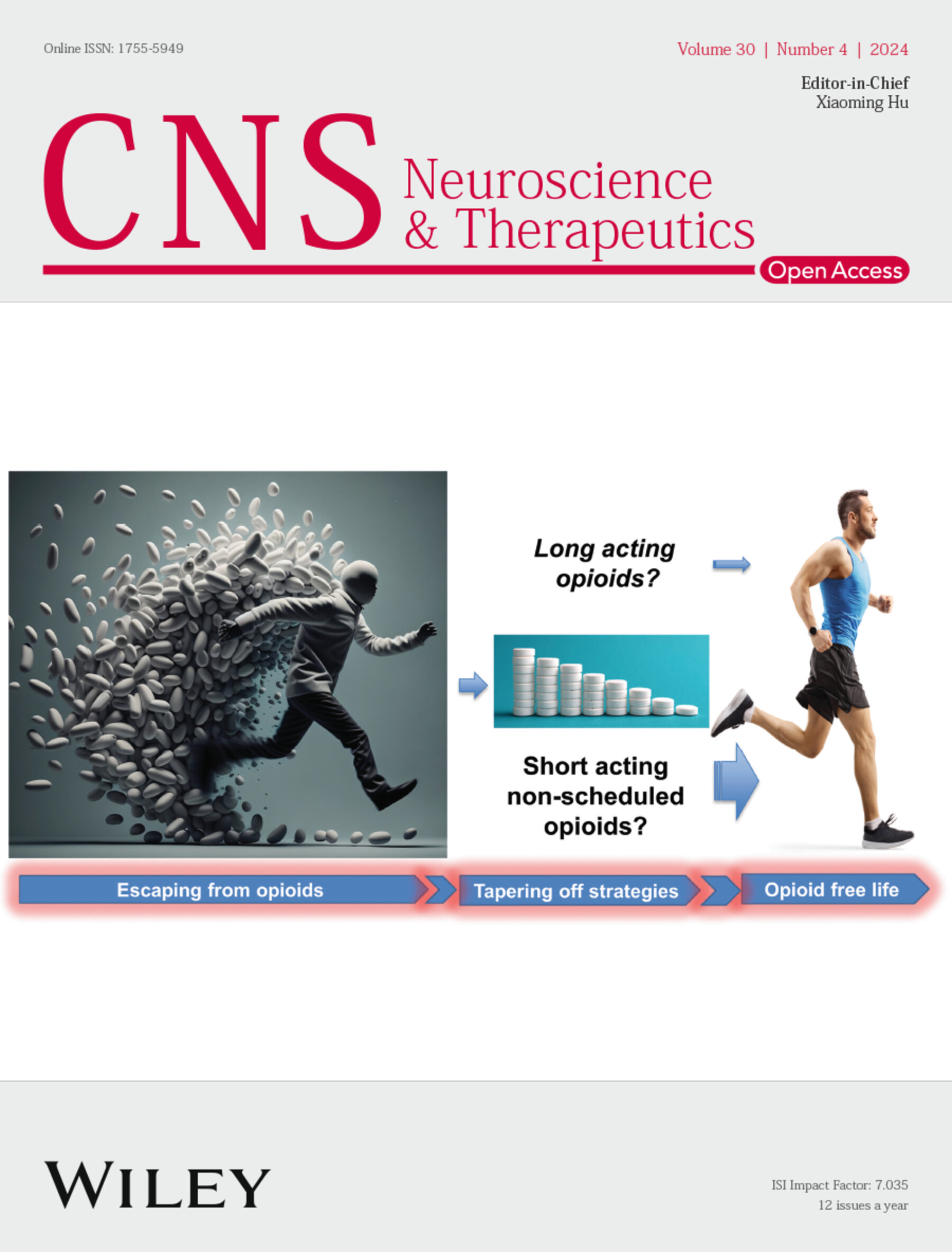How to Improve Cognitive Flexibility: Evidence From Noninvasive Neuromodulation Techniques
Abstract
Background
Cognitive flexibility (CF) is a core component of executive function that enables humans to adaptively process and respond effectively to diverse and dynamic contextual needs. The execution of CF-related tasks depends on the collective interaction of various neural circuits in essential brain regions, such as the prefrontal, anterior cingulate, and posterior parietal cortices, which support the harmonic and smooth transition of thoughts and perspectives. Therefore, clarifying the mechanism of CF and introducing non-invasive neuromodulatory methods that enhance CF provides a way for developing new treatment approaches.
Methods
This review systematically investigates the application of photobiomodulation (PBM), neurofeedback (NF), repetitive transcranial magnetic stimulation (rTMS), transcranial direct current stimulation (tDCS), and virtual reality (VR) as non-invasive neuromodulatory techniques for modulating cognitive behaviors related to CF in neuropsychological conditions.
Results
Considering the vital role of CF in executive functions, deficits in CF impair adaptive behavior in neuropsychological conditions such as schizophrenia, autism spectrum disorder (ASD), and age-related cognitive decline. Some technology-based interventions, including PBM, NF, rTMS, tDCS, and VR, have been developed to non-invasively modulate the switching capability and strategies of the mind. These non-invasive interventions provide targeted neuromodulation on neural circuits and have demonstrated a promising effect in improving cognitive processes, including CF.
Conclusion
The present study provides a comprehensive review of the therapeutic consequences of non-invasive neuromodulatory methods on CF in neurological conditions. This insight can offer a perspective for planning various research strategies and clinical approaches aimed at improving CF.


 求助内容:
求助内容: 应助结果提醒方式:
应助结果提醒方式:


